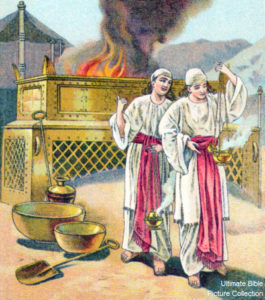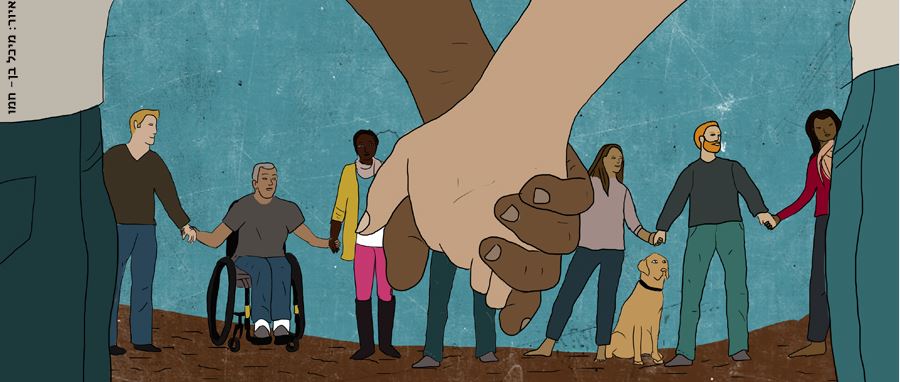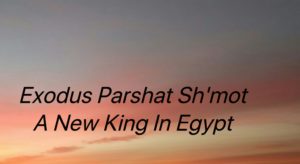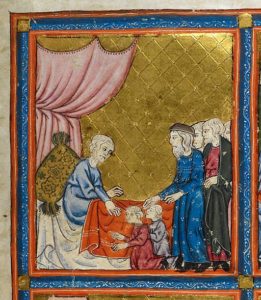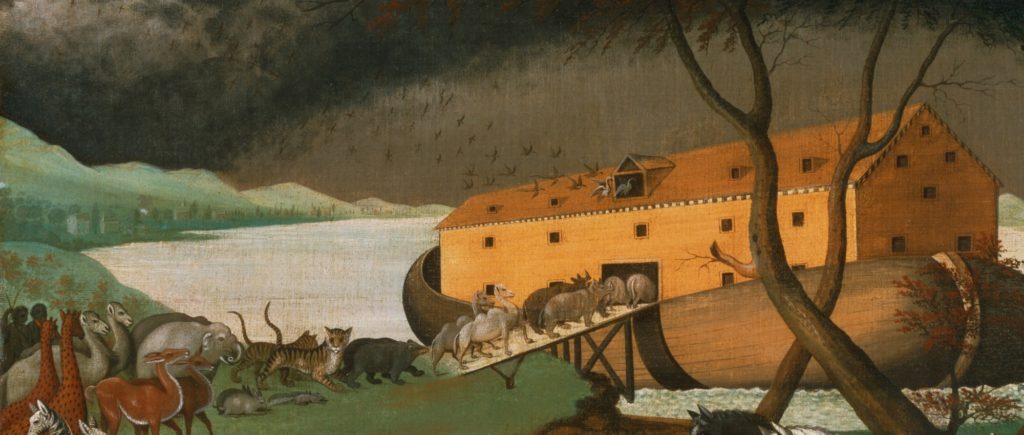
The Story of Noah is read in Jewish Houses of Worship on Saturday October 24,2020
When Adam and Eve left the Garden of Eden they forgot their user’s manual. They vaguely remembered that The Almighty had told them to “be fruitful and multiply”. As to their relationship and responsibility to the earth, on the one hand they were directed to dominate the land and all that was therein, and on the other hand they were told to work and take care of their environment. They clearly needed more guidance. It appears that they mostly decided to dominate and just ten generations later, the inhabited world was a mess, וַתִּמָּלֵ֥א הָאָ֖רֶץ חָמָֽס “The earth became corrupt before God: the earth was filled with hamas.”

